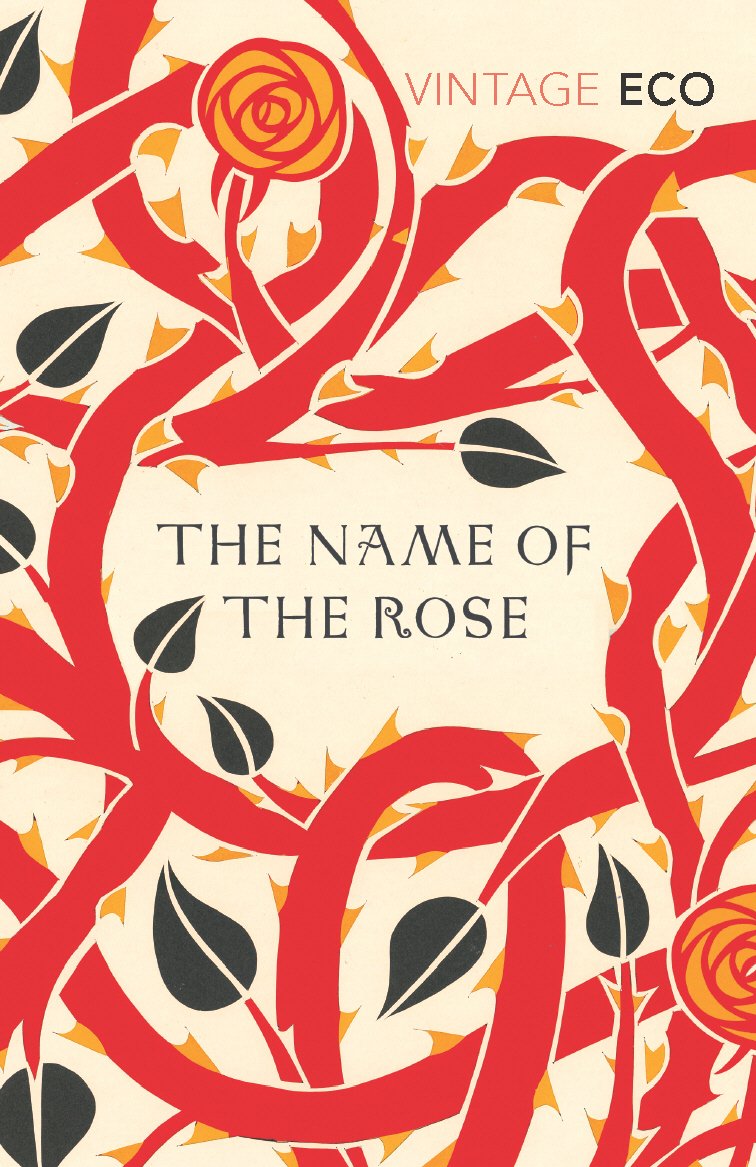The set-up is explicitly meant to mimic Sherlock Holmes, with William’s name referencing The Hound of the Baskervilles and Adso’s name a soundalike of W-atso-n. It’s one reference in a book littered with them. Eco set out to write a book about books, among other things, and William’s ability to understand and interpret texts is key to unravelling the mystery. A quote from it epitomises this approach: ‘books always speak of other books, and every story tells a story that has already been told’. Eco was a professor of semiotics, the study of how signs and symbols create meaning, and the novel is an exploration of these ideas.
However, there are many other topics discussed as well. Long sections are devoted to theology, history, and literary theory, and Eco delights in presenting puzzles, posing questions, and playing mental games. It’s not a book to read if you’re looking for depth of character or emotion, but for intellectual stimulation it can’t be bettered.
That’s not to say that’s it’s shallow, by any means. It’s a passionate defence of freedom of information, an evocation of a historical period, and in a quiet way, a coming-of-age story. There is tragedy in the stories of the monks themselves, and the relationship between Adso and William is well developed. However, the focus is on the ideas, with these other aspects forming the background upon which they are discussed.
Eco’s intellect was formidable, and at first a book like this can seem intimidating. It’s worth pressing on with, though (he deliberately made the first 200 pages extra difficult in order to weed out any less-than dedicated readers), as ultimately it’s rewarding. The solution to the mystery is as unexpected as it is obvious in hindsight, and provides much of the context for understanding the novel’s themes. The journey there is a labyrinthine examination of what it means to live in a world of signs and symbols, where information and knowledge are key, yet power rests in the hands of those who control it. While it’s a commitment at around 500 pages, The Name of the Rose is a good introduction to the work of Umberto Echo, and an intelligent and thought-provoking historical mystery.
Review by Charlie Alcock

 RSS Feed
RSS Feed
